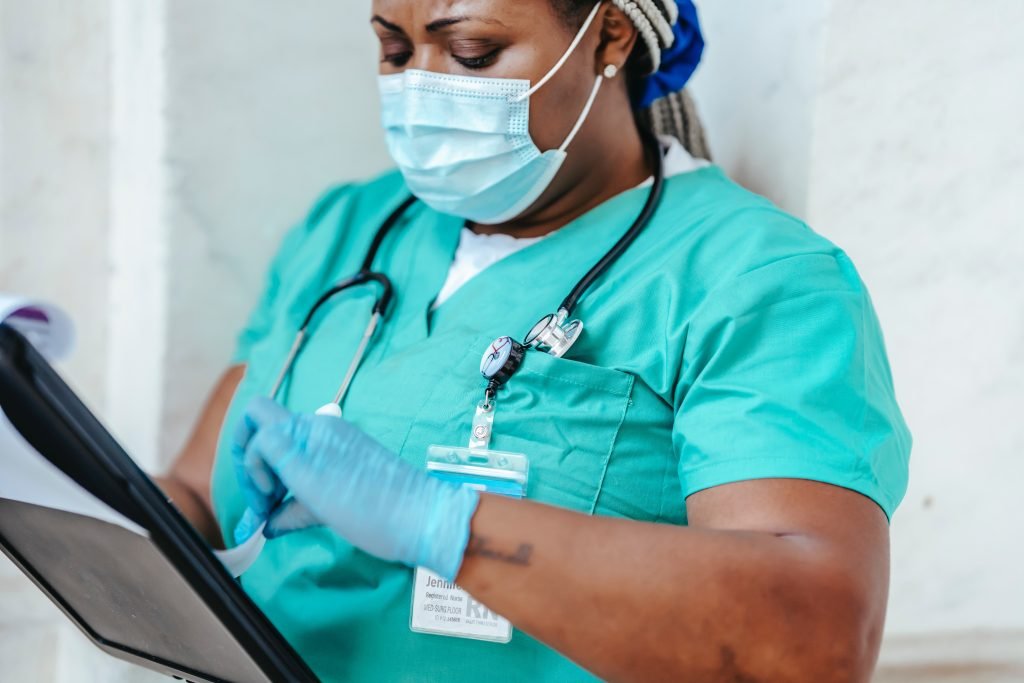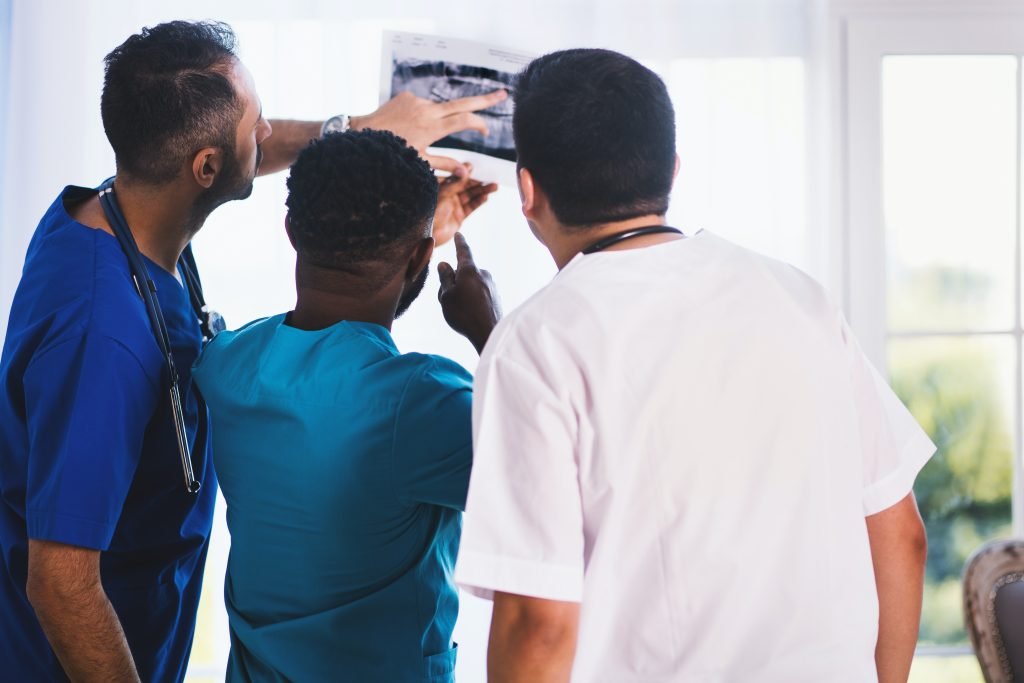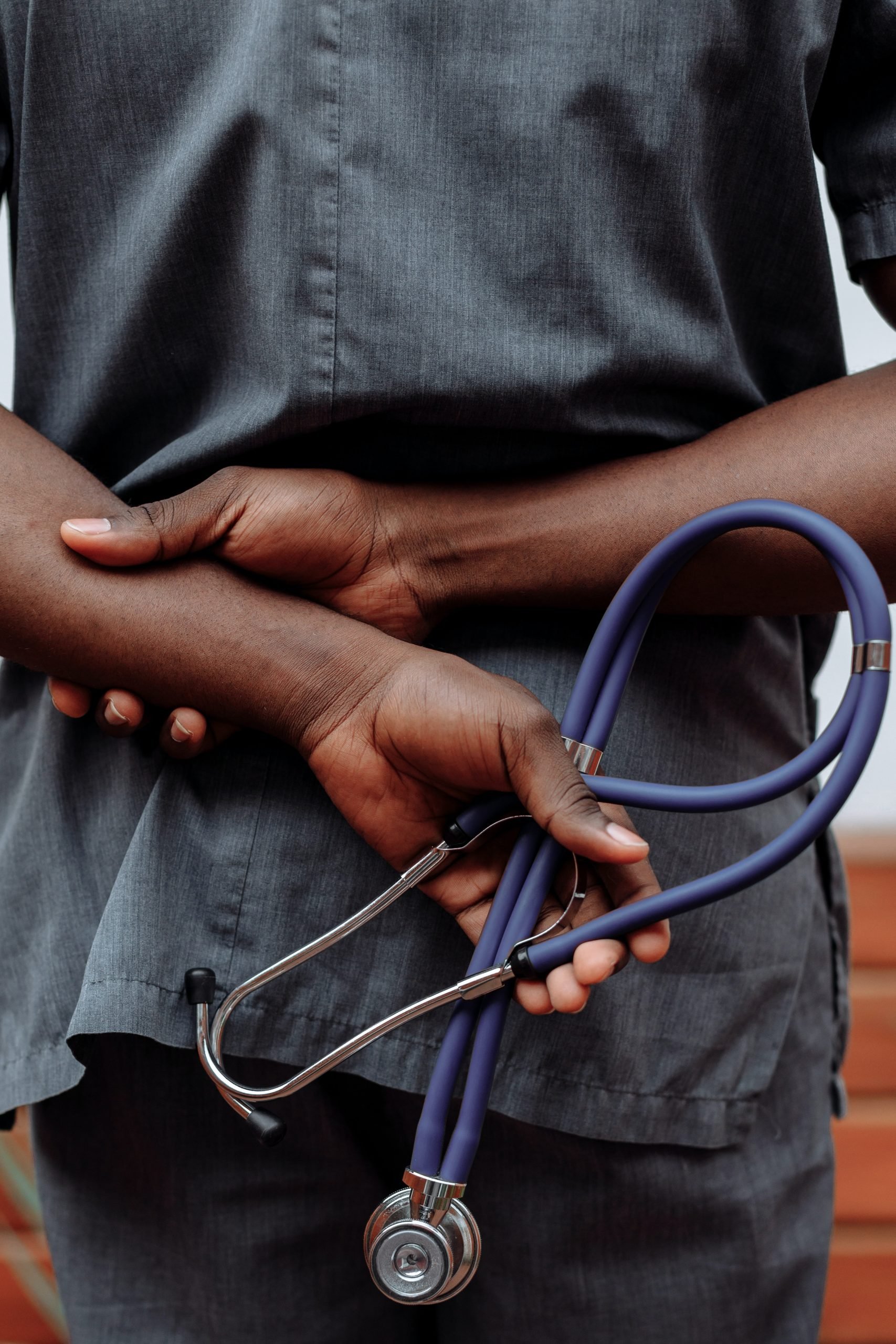Racial inequality in professional spaces will always present adversity for those in the diaspora. Without understanding and a willingness to change the narrative, industries will continue to under serve and misrepresent Black people at every level. This, unfortunately, includes those in the healthcare profession.
Research shows how underrepresentation impacts the most significant areas of healthcare. Everything from public involvement, dissemination of research, and treatment, among other areas. With the rapid discrimination throughout the entire field, Black patients and professionals face hardships.
The Black Ph.D. Experience
Intolerable workplace conditions threaten the future of Black healthcare professionals in the UK. A review by the British Medical Association shed light on the 42% of Black doctors who have considered or have already left their profession over the last two years. The issues are called outright systematic failure, which is true when considering obstacles from education to experience.
Mental health deterioration and the lack of upward movement are some of the effects of workplace racial discrimination. Doctors reported feeling the stress from not only the system but patients as well.
Some people simply do not want a Black doctor examining and treating them. Their opposition can sometimes come with detest, making it hard for doctors to contribute to the overall success of any particular care centre or hospital.
Furthermore, executive leadership at all significant UK medical schools are majority white. This creates an exclusive network for white students over minority students, including access to opportunities and senior leadership.
It also trickles down into research and dissemination practices. Black students suffer from the racial bias that prevents them from being selected for journal publications, which focus on local clinical problems, peer communication, and fostering critical reading among healthcare workers.
Medical discrimination impacts patient care

A growing number of young adults express distrust in the medical system. The Black Equity Organisation surveyed 2051 Black and mixed-race Black adults. Almost 65% of respondents say they experienced prejudice from doctors and other staff in healthcare settings.
The negative stereotypes and tropes surrounding the strength of Black people, specifically women, skew the observance of healthcare professionals. This leaves little compassion or readiness to act on significant health concerns.
The issue also concerns the maternity death rate among Black women in the UK. Black women are statistically four times more likely to die during childbirth than white women. This can be attributed to not speaking openly about ailments or concerns for fear they will not be taken seriously. Further impacts the number of Black pregnant women who have healthy deliveries.
Changing the healthcare narrative for Black people

BYP works to impact the Black professional experience within healthcare positively. BY-Peers Healthcare Professionals is a space for community members to network, learn from one another, and share various trials and triumphs.
Support and allyship are great motivators for those facing these challenges in a specific yet varied field. Professionals can increase their knowledge by sharing and receiving intel on resources that aid navigation of the world of healthcare. Useful resources include our CPD-accredited Black experience course, which can help you understand the microaggressions and issues that Black professionals can often face.






